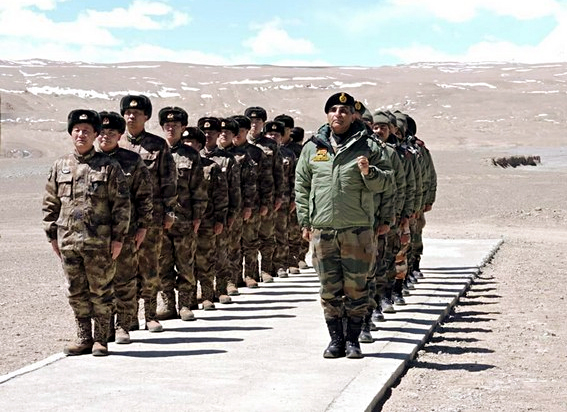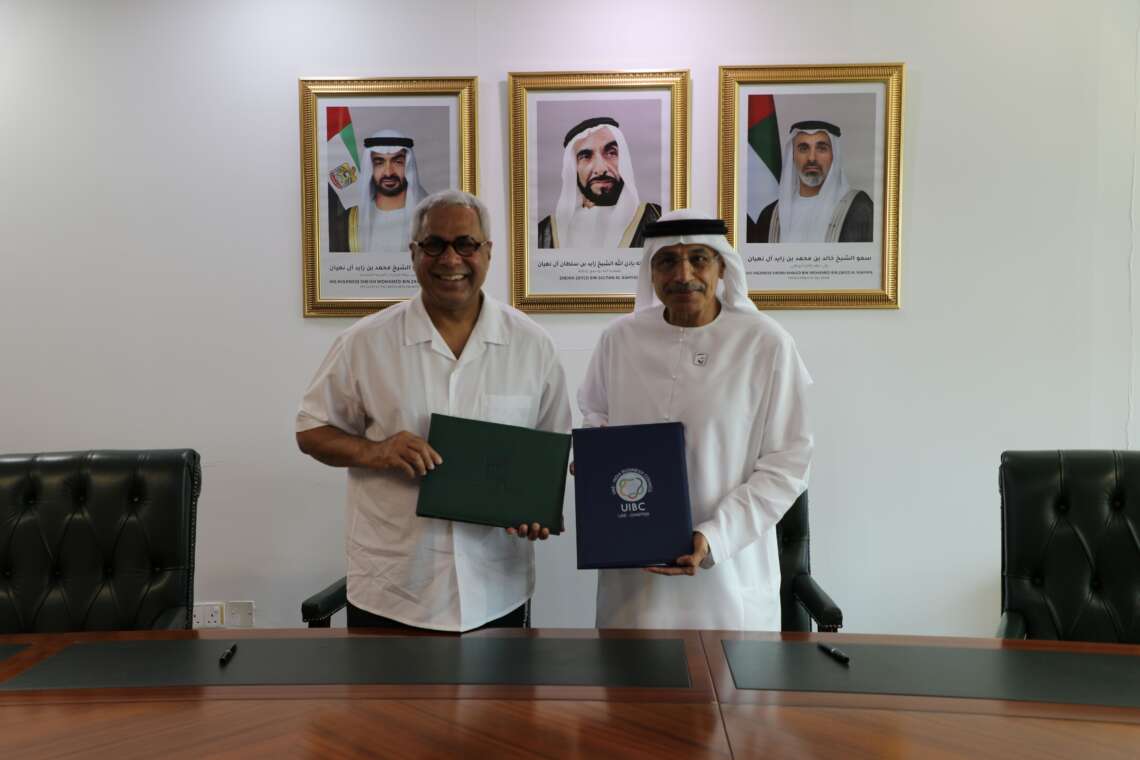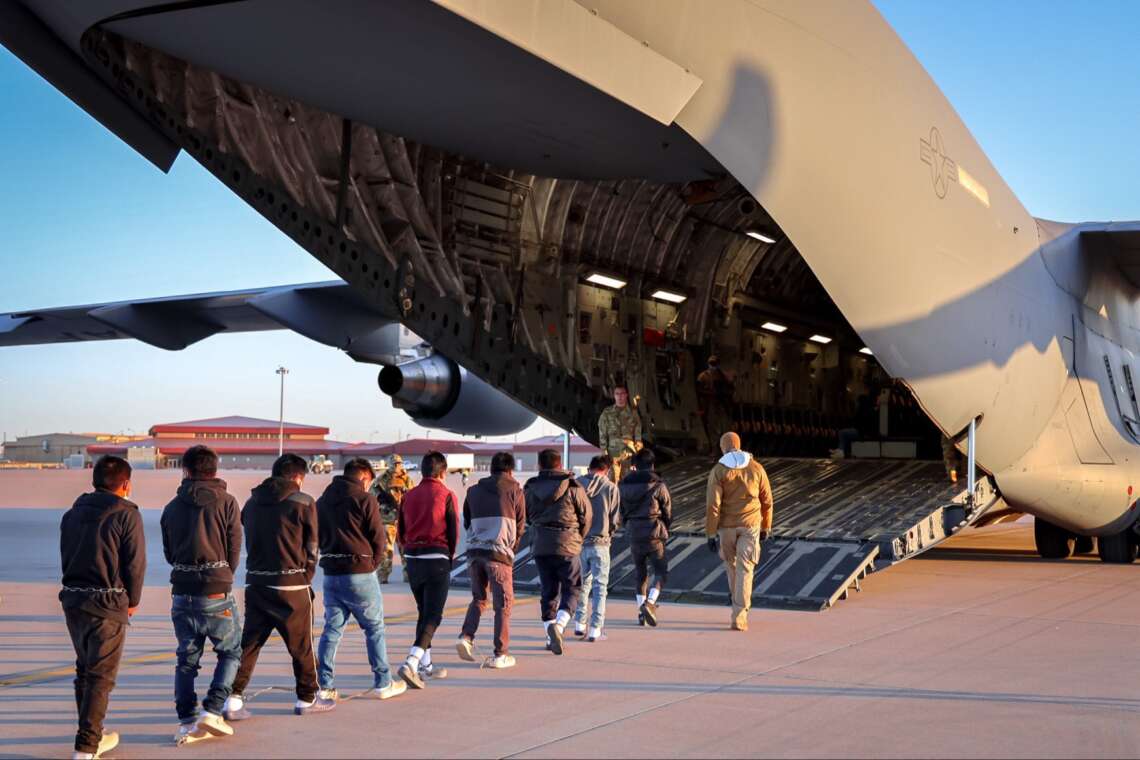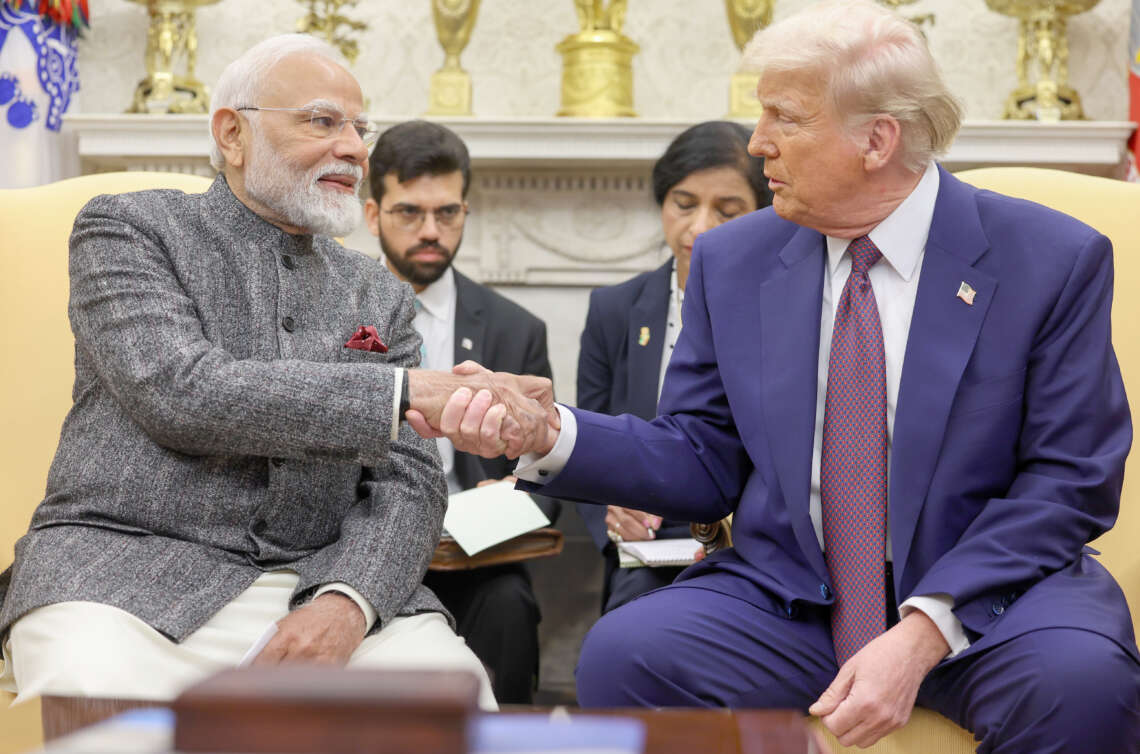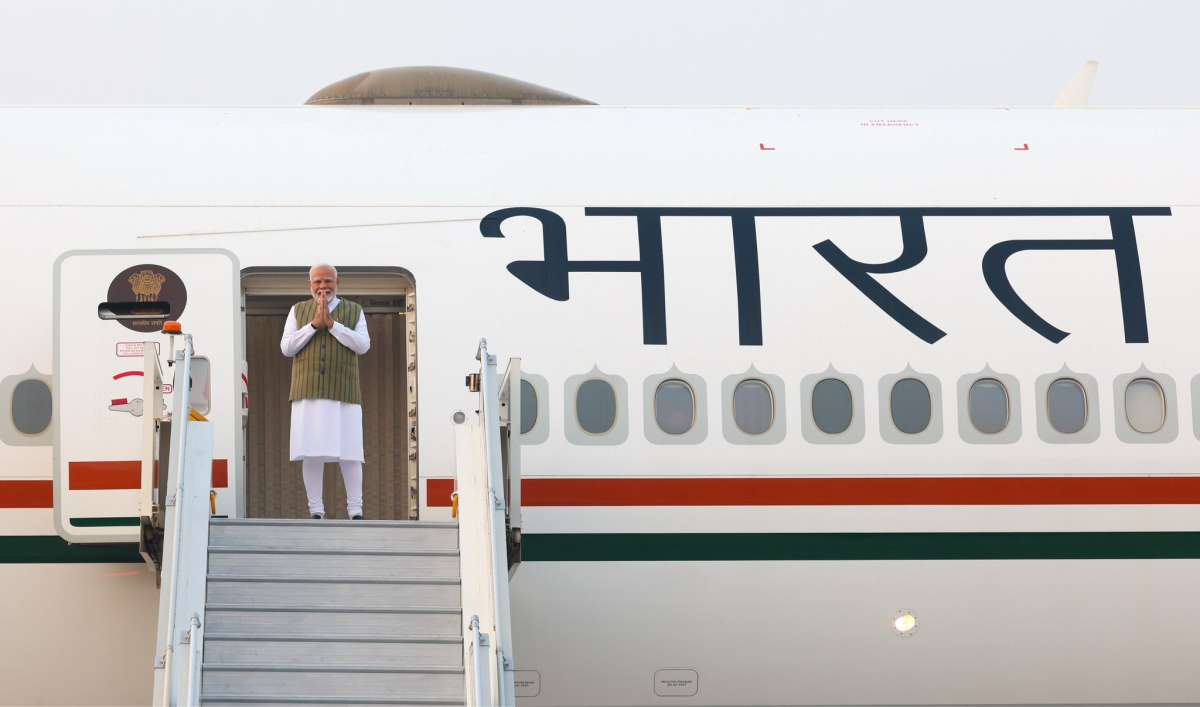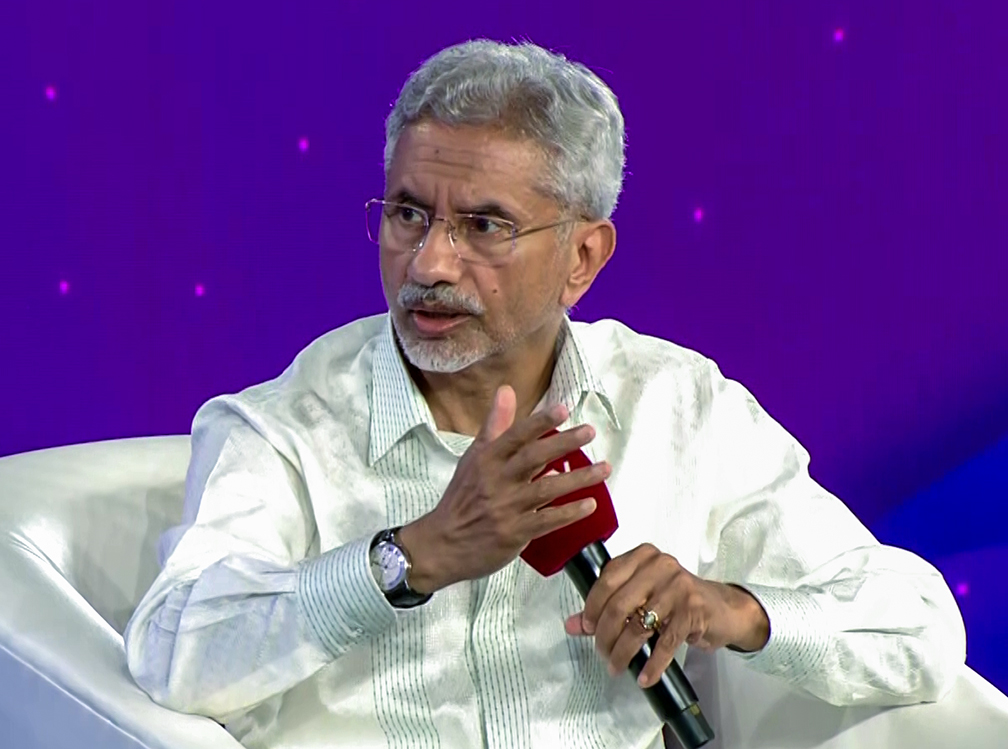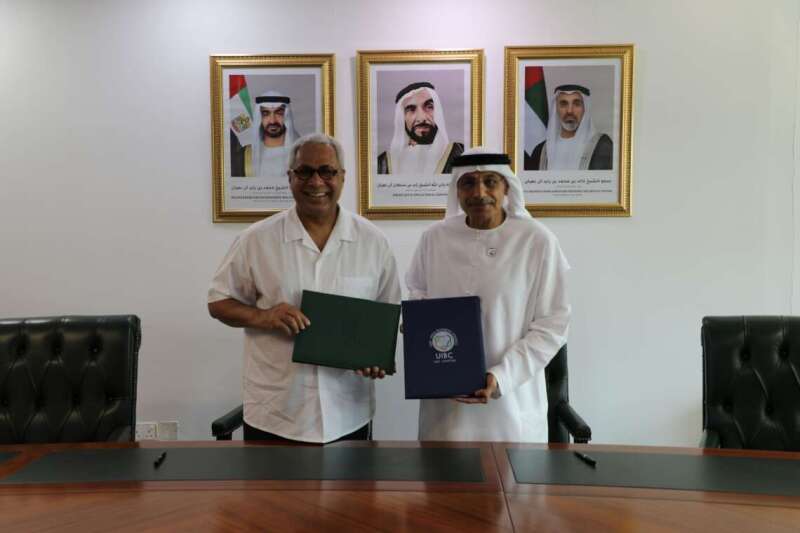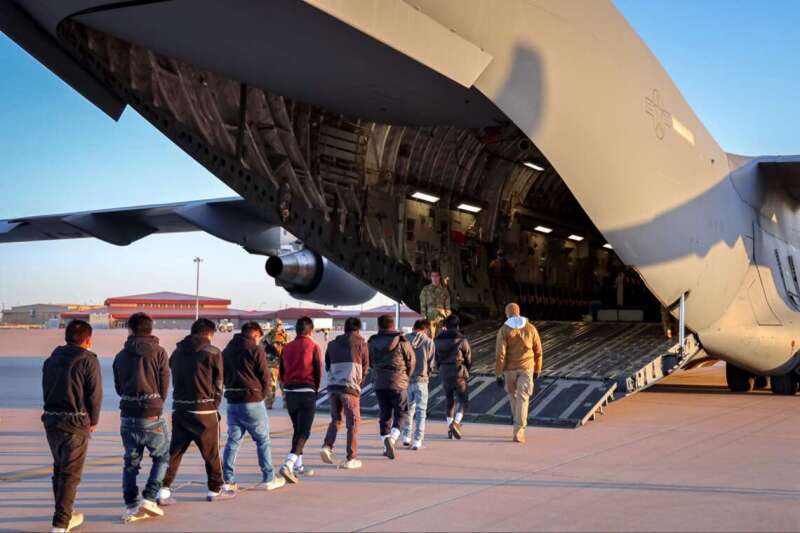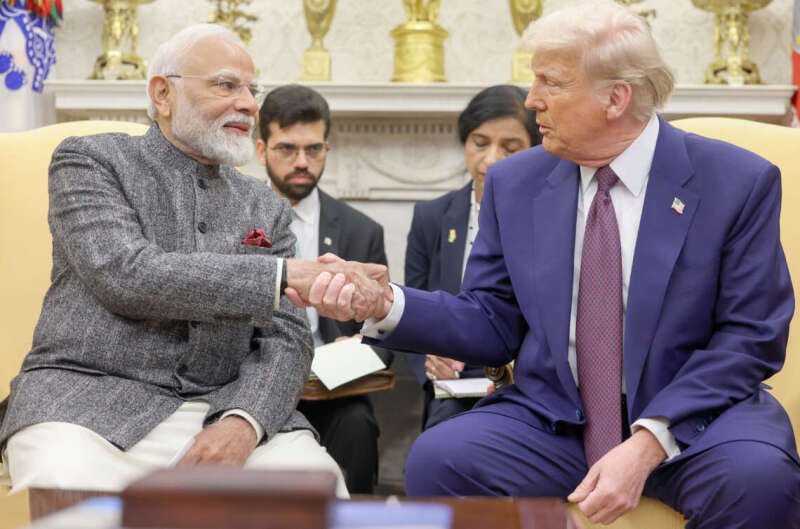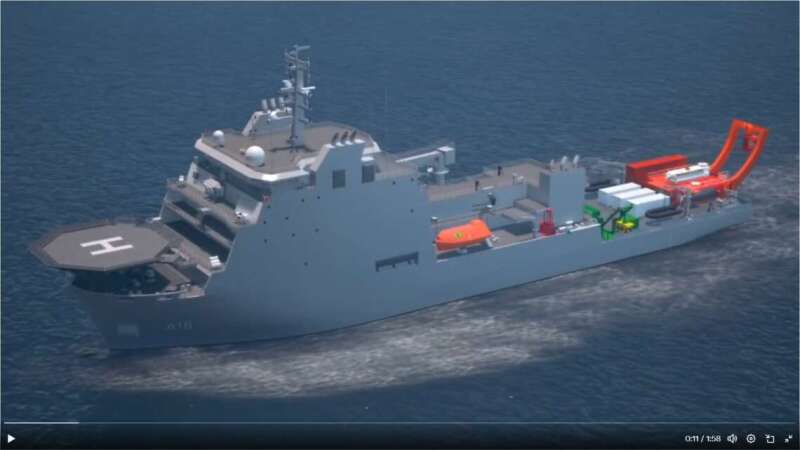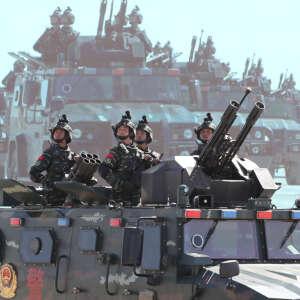The ties between India and China nosedived following a clash in the Galwan Valley in 2020 that marked the most serious military conflict between the two sides in decades…reports Asian Lite News
India and China have arrived at a patrolling agreement along the line of actual control (LAC) as a result of which there has been disengagement and a resolution of the issues that had arisen in this area in 2020 (when the clashes happened in Galwan).
Foreign Secretary Vikram Misri indicated that the agreement will lead to disengagement and a resolution of the issues that had arisen in 2020.
As a result of this thaw there is a strong likelihood of Prime Minister, Narendra Modi having a bilateral meeting with Chinese President Xi Jinping on the sidelines of the upcoming 16th BRICS Summit in Kazan, Russia, it is learnt.
Modi will also have bilateral meetings with Russian President Vladimir Putin and Iranian President Dr Masoud Pezeshkian.
“Over the last several weeks, Indian and Chinese diplomatic and military negotiators have been in close contact with each other in a variety of forums. As a result of these discussions, an agreement has been made for patrolling arrangements along the LAC leading to disengagement and a resolution of the issues that had arisen in these areas in 2020. We will be taking the next steps on this,” said Misri on Monday, ahead of Modi leaving for Kazan.
It is understood that the agreement pertains to patrolling in Depsang and Demchok areas.
It is not immediately clear whether the agreement facilitates the restoration of patrolling rights that were in place prior to the standoff in May 2020. India has been maintaining that its ties with China cannot be normal unless there is peace in the border areas.
In all negotiations since the standoff began, India has been pressing the People’s Liberation Army (PLA) to disengage from the Depsang and Demchok areas.
Last month, External Affairs Minister S Jaishankar said roughly 75 per cent of the “disengagement problems” with China are sorted out but the bigger issue has been the increasing militarisation of the frontier.
“Now those negotiations are going on. We made some progress. I would say roughly you can say about 75 per cent of the disengagement problems are sorted out,” he said at the Geneva Centre for Security Policy. “We still have some things to do,” he said.
Meanwhile, China’s Foreign Ministry on Monday parried questions on a possible meeting between Prime Minister Narendra Modi and President Xi Jinping on the sidelines of the BRICS summit in Russia this week.
“We will keep you posted if anything comes up,” Chinese Foreign Ministry spokesman Lin Jian said while replying to a question at a media briefing here. Both Modi and Xi are attending the BRICS Summit in Kazan, Russia, which begins Tuesday.
“We share civilisational history’
Meanwhile, noting that India and China have unresolved boundary issues, External Affairs Minister S Jaishankar said that if two large neighbouring countries rise next to each other in the same time frame, it’s not too easy and that anybody predicting developments of this century cannot leave the two countries out of that equation.
Jaishankar said the two countries have a certain civilization history and they are on a track of economic recovery or rejuvenation. He said both countries will naturally want to be bigger, more visible and more effective in the world.
“India-China, we are the only two countries with more than a billion people. We have a certain civilization history and today we are on a track of economic recovery or rejuvenation. Anybody who’s predicting developments of this century definitely cannot leave India and China out of that equation…Here is the challenge for us which is that we are neighbours, and we have unresolved boundary issues. They have been rising, we have also been rising, so if two large neighbouring countries rise next to each other in the same time frame, it’s not too easy. So managing this double rise, you can say that to in proximity, it’s a different issue and I think these will require a lot of skill and diplomacy,” he said.
“What Foreign Secretary has said is what I can also say, that we reached an agreement on patrolling and with that we have gone back to where the situation was in 2020. We can say that the disengagement process with China has been completed…There are areas which for various reasons after 2020 because they had blocked us so we had blocked them. So what has happened is we have reached an understanding which will allow the patrolling,” he said.
“I think the understanding to my knowledge is that we will be able to do the patrolling which we were doing in 2020. I think it’s a good development. It’s a positive development and I would say it’s a product of very patient and very persevering diplomacy. We’ve been negotiating since September 2020, when I met my counterpart Wang Yi, in Moscow at that time…I think it creates a basis that peace and tranquility, which there should be in the border areas, which there was before 2020, we will be able to come back to that,” he added.
ALSO READ: Russia Has Never Harmed India’s Interests: Jaishankar


